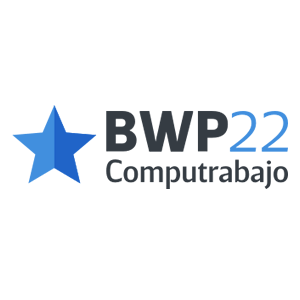LA UDES PUBLICA
- Fecha de publicación:
- 2019-10-05
- Tipo:
- Article
- Identificación:
- SCOPUS_ID:85072785863
- eID:
- 2-s2.0-85072785863
- Nombre de la revista:
- The Lancet
- Autor(es) UDES:
- Lopez-Jaramillo P.
- Otros Autores:
- Schwalm J.D., McCready T., Yusoff K., Attaran A., Lamelas P., Camacho P.A., Majid F., Bangdiwala S.I., Thabane L., Islam S., McKee M., Yusuf S.
- Autor Principal:
- Schwalm J.D.
- Áreas del conocimiento:
- Medicine (all)
Cuartil
Q1
- Ranking
- 31
- Tipo
- Journal
- ISSN
- 01406736
- eISSN
- 1474547X
- Región
- Western Europe
- País
- United Kingdom
- Volumen
- 394
- Rango de páginas
- 1231-1242
- Cobertura
- 1823-2022
Bogotá
Cra. 14 N° 80-35
PBX: (+57) (601) 6914004
Línea Directa Interesados Programas: (601) 6914104
Horario de Atención: lunes a viernes de 7:00 a.m - 12:00 m. y de 2:00 p.m a 6:00 p.m
Pregrados
Universidad de Santander UDES. Vigilada Mineducación.
Resolución otorgada por el Ministerio de Educación Nacional: No. 6216 del 22 de diciembre de 2005 / Personería Jurídica 810 de 12/03/96.
Institución sujeta a inspección y vigilancia por el Ministerio de Educación Nacional. Resolución 12220 de 2016.
Notificaciones administrativas y judiciales:
Copyright © 2021 - Todos los derechos reservados

































